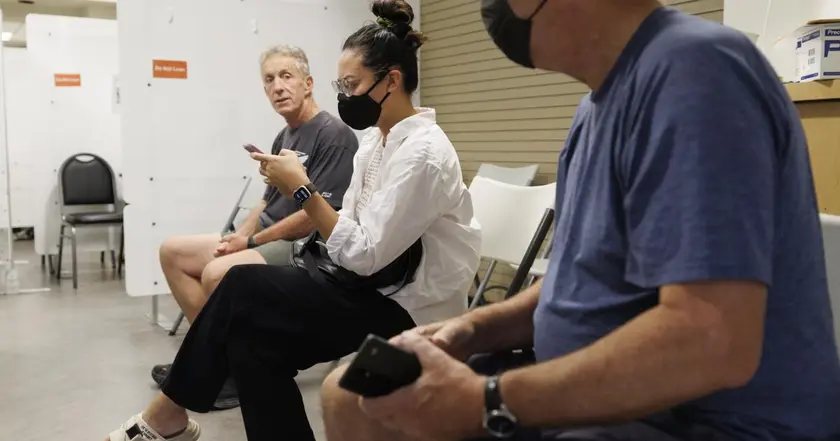T4K3.news
Sleep Apnea and Long COVID Highlight Ongoing Health Threats
A health piece highlights sleep apnea and long COVID as ongoing global risks, urging better screening and ongoing care.
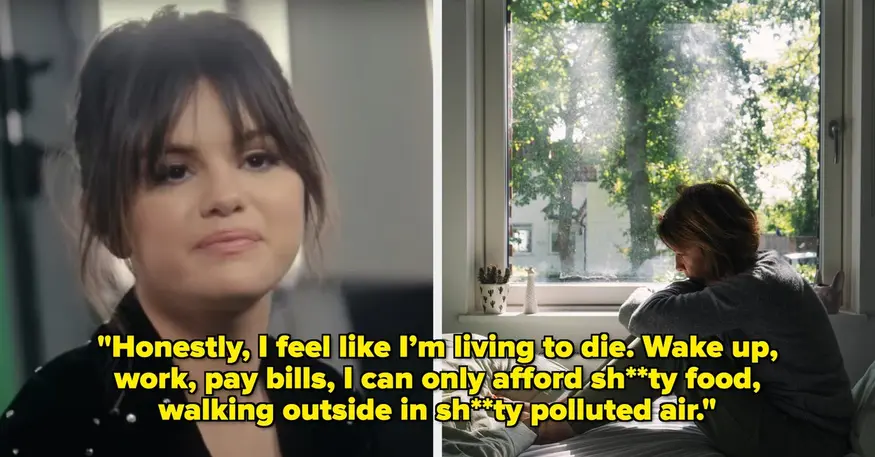
A health focused piece argues sleep apnea and long COVID pose ongoing health risks and deserve sustained attention.
Sleep Apnea and Long COVID Warn of Growing Health Threats
Two health concerns are highlighted: long COVID described as a persistent mass disability event and sleep apnea a sleep disorder that disrupts breathing hundreds of times a night. The piece explains the physiological response to interrupted breathing, including adrenaline surges, and notes that untreated sleep apnea can affect multiple organs over time.
It calls for more accessible screening clearer patient guidance and sustained public health messaging to address both conditions.
Key Takeaways
"Long COVID is the largest mass disabling event in human history, and it is still ongoing."
Framing used in the article to illustrate the scale of the issue.
"When you are asleep and have obstructed breathing, your body panics and releases adrenaline to wake you up."
Describes sleep apnea mechanism.
"Adrenaline is not good for you hundreds of times a night."
Emphasizes the harm from sleep fragmentation.
The piece reflects a broader trend of treating chronic conditions as ongoing public health challenges rather than isolated illnesses. By combining patient voices with medical explanations it raises awareness but runs the risk of sensational framing.
If policymakers respond screening programs and better access to therapy can reduce long term harm. The key is grounding policy in solid data and avoiding fear mongering.
Highlights
- Sleep should restore us not resemble a nightly alarm bell.
- Chronic illness asks for steady care not loud headlines.
- Health screening is a quiet act of respect for the body.
- Public health works best when we listen to patient stories.
Public health implications and potential backlash
The piece discusses ongoing health threats that could influence public opinion and policy. It highlights the need for responsible messaging and access to care, while raising the possibility of misinformation if shared without context.
Public health must turn concern into action.
Enjoyed this? Let your friends know!
Related News
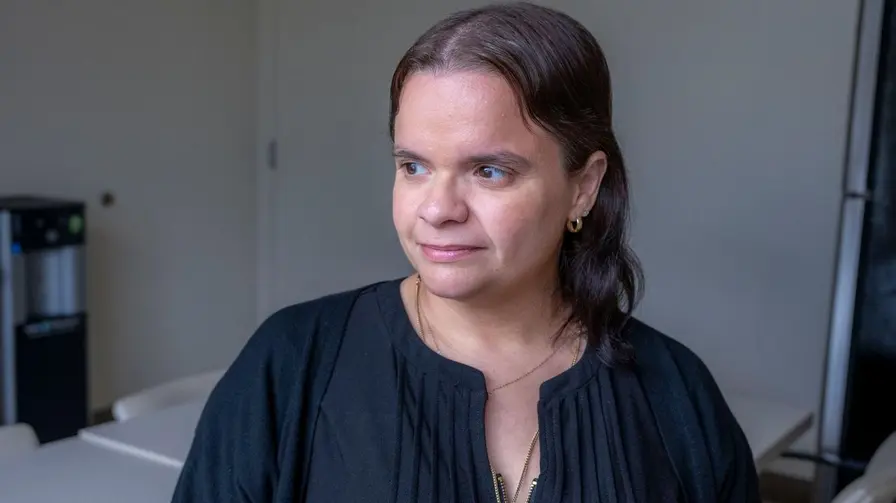
Zepbound approved for sleep apnea treatment

Kennedy Cancels Major mRNA Vaccine Funding
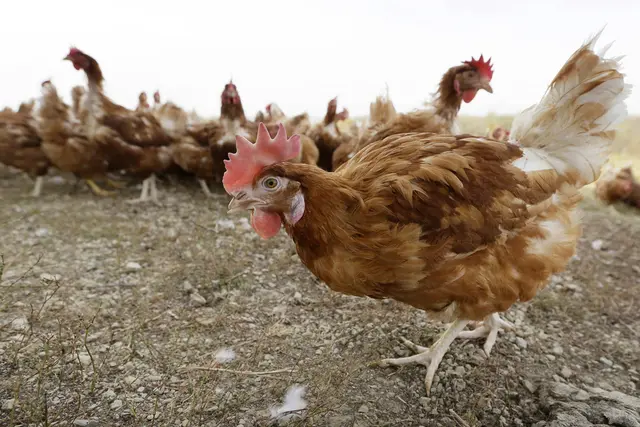
Measles and H5N1 Outbreaks Reported Globally

Fort Stewart Shooting Suspect Identified
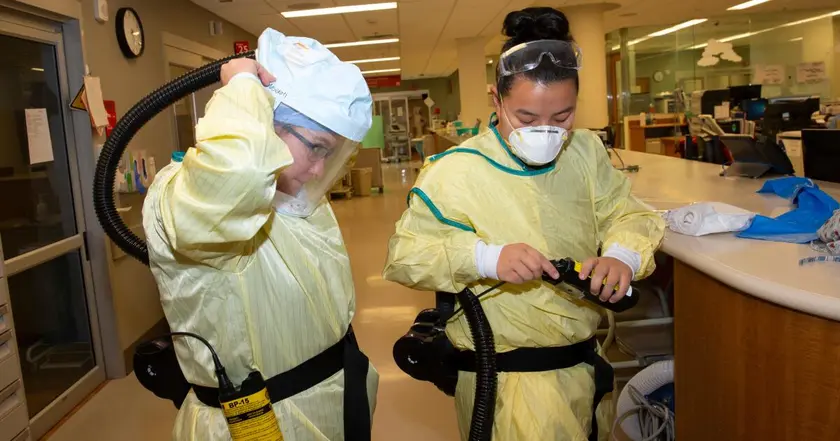
Study shows pandemic accelerated brain aging

Research shows Covid pandemic accelerated brain aging

GLP-1 eye risks noted in new studies

Israeli Forces Face Allegations of War Crimes
